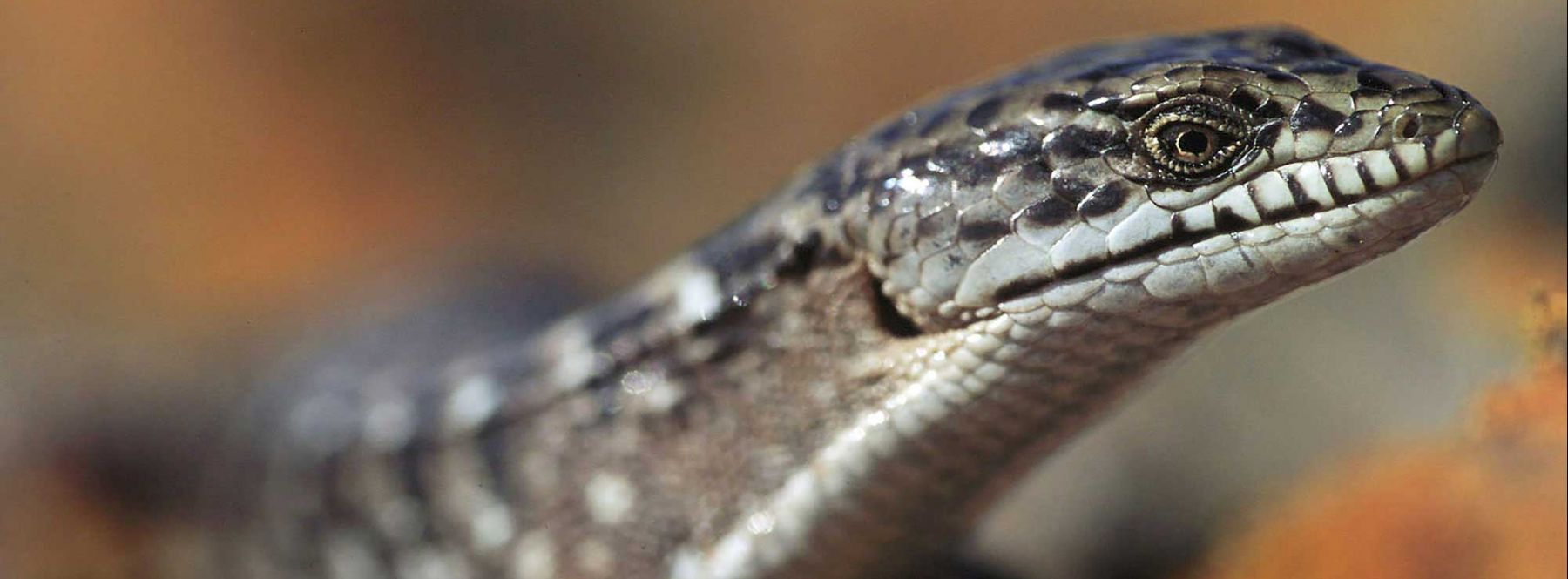Cave-dwelling salamanders, gender-changing fishes, hydrothermal vents, coral reefs, abalone fisheries, and competition among sea urchins are some of the subjects students might encounter as a UCSB Zoology major. Zoology is the study of animal life and the common principles that apply across animal diversity. Zoologists examine the structure and function of animals, their evolutionary relationships, and their interactions with the environment.
UCSB is ideally located for zoological studies. Santa Barbara's opportunities for first-hand observation and study of a wide range of animals can be matched by few institutions worldwide. The proximity of the Pacific Ocean and the variety of adjacent inland habitats allows students to examine an enormous range of live aquatic and terrestrial animals both in the field and laboratory. On a single day students may observe as many as 60 bird species within the campus area. On an island "laboratory", part of the Santa Barbara Channel Islands, students can observe a unique species of miniature fox in its natural habitat. And in the Santa Barbara channel itself, students can study the changing day-night activity patterns of fishes.
The Major
Zoology faculty organize and present their teaching and research efforts in a variety of ways: by level of biological organization (from cell to individual to population), type of interaction (competition, predation, parasitism), and kind, or classification, of animal (insects, birds, fishes). All students interested in any area of the biological sciences, including Zoology, enter UCSB as pre-biological sciences majors. Pre-biology majors share a common core curriculum, typically completed during the freshman and sophomore years, consisting of introductory biology with laboratory, general chemistry with laboratory, mathematics (calculus and statistics), physics with laboratory, and for many of the majors, an additional 2-3 terms of organic chemistry with laboratory. The zoology major does not require organic chemistry for the major.
After completion of key preparatory coursework, students may petition to declare the full major. The Zoology major requires completion of 48 upper-division quarter units in biological sciences including: courses in genetics, physiology, diversity and systematics; one course in either developmental biology, evolution or ecology; plus electives from the disciplines of botany, anthropology, geography and geology. In practice, most students enroll in both laboratory and field courses. In addition to these major requirements, students choose electives in consultation with faculty advisors.
Careers in Zoology
The Zoology major prepares students for graduate studies in biology at any major university. It is excellent preparation for professional study in medicine, dentistry, and veterinary science. The university offers an outstanding health science advisory system located in Cheadle Hall. The system advises and supports students interested in the biomedical sciences from the beginning of their undergraduate careers to their entrance into graduate and professional schools.
Students desiring immediate career entry often seek employment with local, state, or federally-funded government agencies or with the private sector. Such students obtain positions in wildlife management and environmental assessment, and with zoos and environmental impact firms.
Students interested in teaching biological sciences or conducting research at a university should plan to complete the PhD degree. Students interested in teaching at a community college should pursue graduate work at least through the master's degree. Teaching at the junior high or high school (secondary) level requires the California single subject teaching credential. Students considering this last option should discuss their plans with the credential advisor in UCSB's Graduate School of Education early in their academic careers.
High School Preparation
Recommended as part of or in addition to the UC admission requirements:
- One year of biology
- One year of chemistry
- Mathematics through trigonometry
- One year of physics
Transfer Preparation
To make normal progress in the major, complete the following courses prior to transferring to UCSB:
- One year sequence of general chemistry with laboratory
- One year sequence of general biology with laboratory
- Two terms of calculus and one quarter of statistics
- One year sequence of physics with laboratory
Please see the UCSB General Catalog or your high school or community college counselor for more information on course preparation.
Additional Information
For further information please consult one of the biology undergraduate academic advisors.
FAQs
- How many upper division biology courses should I take per quarter?
-
We recommend taking two upper division biology courses per quarter (assuming 8.0 units per quarter) and, if possible, fulfilling area specific requirements first starting one's Junior/3rd year. This will give you the required 48.0 units required for most of our majors. For more detailed recommendations for the MCDB majors please go to: Resource Documents: Recommended Schedule - MCDB majors.
